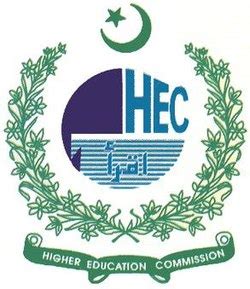Characteristics of Community Change Agents to Promote Equitable Health Services and Combat Harmful Gender Norms among Climate-Affected Communities in Sindh
DOI:
https://doi.org/10.51732/njssh.v10i3.223Keywords:
health, gender, innovations-based adaptation, quantitative survey, Gender-responsive infrastructureAbstract
The province of Sindh, Pakistan, faces heightened vulnerability to natural disasters due to its low-lying location in the flood-prone Indus floodplain. Pathfinder International implemented the Surmi project aimed at strengthening the resilience for climate shocks and emergencies by female volunteers called “Climate Champions” (CC) and trained them to support and provide women and girls the tools, knowledge, and resources they need to advocate for equitable health services and to combat harmful gender norms, including gender-based violence. A knowledge, attitude, and beliefs survey were conducted among 600 CCs aged 18-50 years residing in five intervention districts including, Thatta, Badin, Sanghar, Umer Kot, and Kamber Shahdad Kot. The results show that climate awareness is moderate among CC volunteers. Self-efficacy was strong within the group; 57% showed a fair or strong level of confidence in achieving life goals despite challenges. Unfortunately, strong gender norms remain prevalent among CCs; close to three-quarters (74%) had limited or no confidence in their ability to refuse a marriage that they did not desire. The qualitative data results show that CCs can be the change agents in climate-affected communities. The deeply entrenched gender norms that are pervasive in this community will require concerted efforts.








